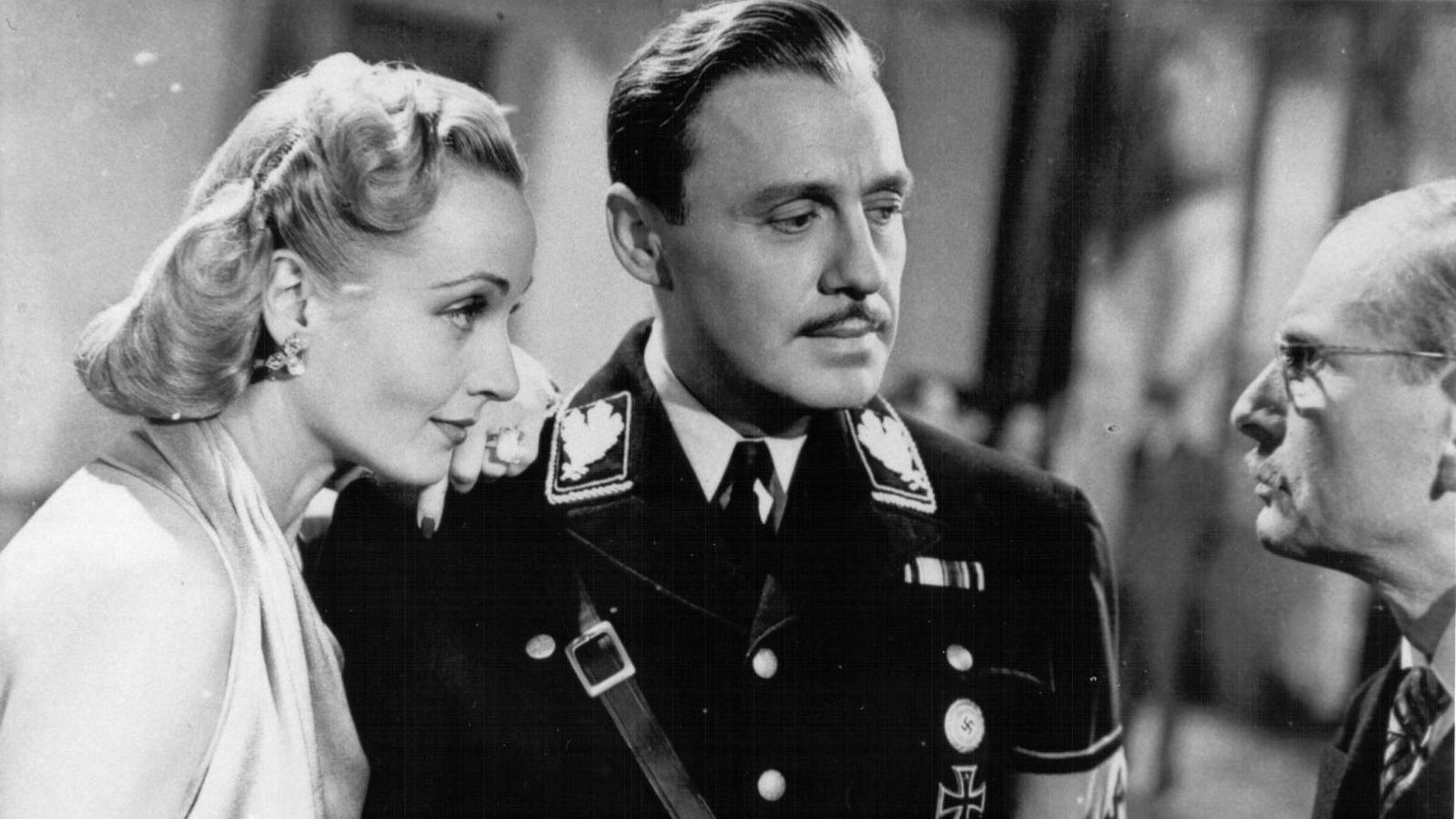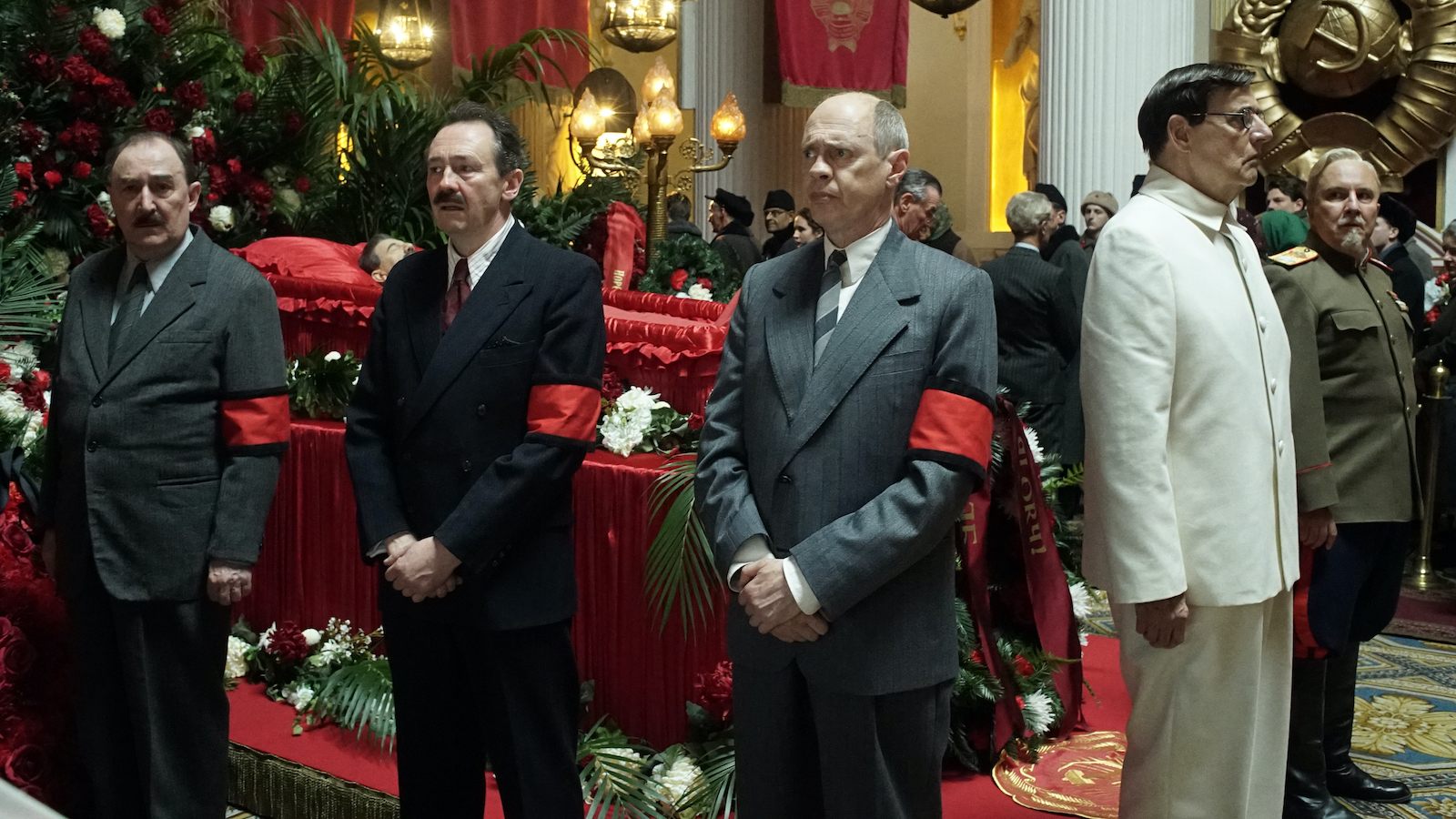
Dictators on Film
Simmons University professor Audrey Golden leads our first virtual Coolidge Education class, exploring how cinema, across time and global space, can have political power in the face of tyranny.
Sold out! Mondays, September 21—October 12 at 7:30pm EST
Sold out! Saturdays, September 26 - October 17 at 11am EST
During the last hundred years, cinema has been used to resist fascism and to offer filmmakers and audiences a means to oppose authoritarian violence—often in surprising ways. From the early 1940s to the late 2010s, directors have relied on humor as a means of engaging with, and rebelling against, political forces. Although the act of moviegoing—particularly to comedies—certainly has functioned as a getaway from the lulls and pains of everyday life since the start of the twentieth century, the theatre has also been a site in which resistance can emerge.
When it comes to depicting dictatorship on film, Charlie Chaplin was among the first to imagine comedy as a genre through which to fight authoritarianism. We’ll start with Chaplin’s The Great Dictator (1940), and then we’ll move onto Ernst Lubitsch’s To Be or Not to Be (1942). In these first two classes, we’ll focus on films that arose in direct response to the rise of Nazism in Europe. Then, we’ll turn to the twenty-first century with Armando Iannuci’s The Death of Stalin (2017) and Taika Waititi’s Jojo Rabbit (2019) in the weeks that follow. In those latter meetings, we’ll investigate how contemporary directors have returned to dictatorships of the past in order to engage with the present.
Throughout the course, we’ll also spend time learning about works of cinema that reimagine, reinvent, and resist the Pinochet dictatorship in Chile, Idi Amin’s rise to power in Uganda, the violence of Putin’s Russia, and the continued threat of totalitarianism in North Korea.
FAQs
How much does it cost to register?
The $60 registration fee gets you access to all four 90-minute live Zoom discussion sessions, all four pre-recorded lectures, as well as recordings of the discussions if you have to miss a week.
However, the registration fee does not include access to any of the films being covered in the class—you should budget in anywhere from $15-30 to spend on film rentals, varying based on film availability and which streaming services you subscribe to.
How many people can sign up for the class?
Attendance for each session is capped at 30 people, to allow for a more interactive, discussion-oriented classroom environment. Unlike our virtual seminars, these will be held in Zoom meetings, rather than webinars, with the full class on camera and able to talk.
Where do I watch the films?
All films discussed in class will be available online, either to rent, stream, or both, and instructors will direct you to the appropriate places to watch them each week.
What if I have to skip a week?
Don't worry—all discussions will automatically be recorded and sent out to all registrants each week.
About the Instructor
Audrey J. Golden is Assistant Professor of English at Simmons University, where she teaches courses in global literature and postcolonial cinema. Her love of film dates to her time as head projectionist of the Wesleyan University cinema, where she also earned a B.A. in film studies. She earned a J.D. from Wake Forest University School of Law and a Ph.D. from the University of Virginia. As a lawyer and literature scholar, her research focuses on the connections between international human rights law and postcolonial fiction. She regularly teaches and writes on literature and film from the late twentieth and early twenty-first centuries.




